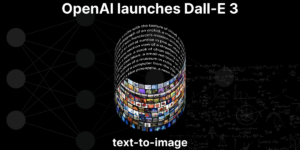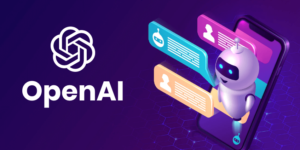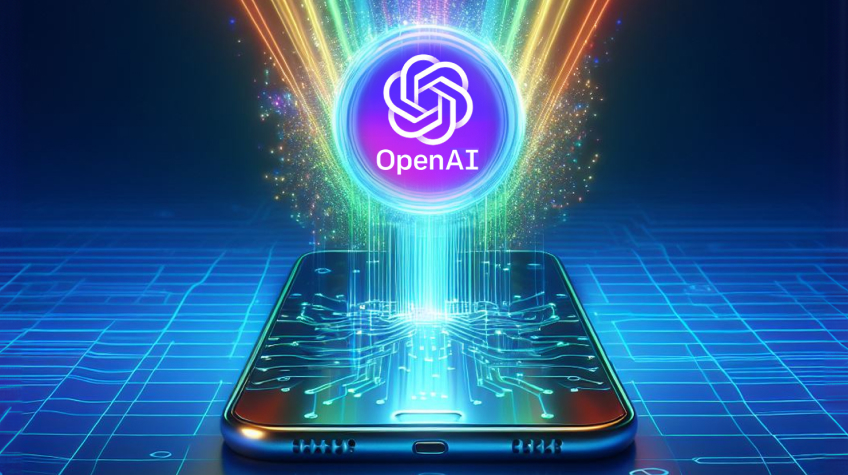
Not too old, OpenAI was founded in 2015 with an aim to promote and advance the technology of artificial intelligence in a safer way for everyone. Within a short span of its inception, OpenAI shot to its fame, especially with the introduction of ChatGPT. In the latest development, OpenAI has launched ChatGPT4 continuing its roaring success. With future updates, OpenAI is expected to value more than USD 100 billion. A few more impressive stats from AnswerIQ showcase impressive and promising figures for OpenAI integration and its popularity:
- Nearly USD 1.3 billion in revenue is expected by OpenAI in 2024
- OpenAI claimed that the Codex model functions in over 12 programming languages.
- More than 200 educational institutes worldwide use OpenAI.
While the use of OpenAI is vast in producing the best features and functionalities of a digital product, mobile app development companies have been using this marvelous technology to accelerate their procedure of app development and to bring in accuracy while assuring that the product is in line with the latest market trends and business objectives. In this short guide, we will guide you through essential models of OpenAI and what are the advantages of OpenAI integration in the mobile app development process.
OpenAI Models
In a layperson’s language, OpenAI is an umbrella term that includes several products or models to be used for specific requirements. Here are they:
✽ GPT (Generative Pre-trained Transformer)
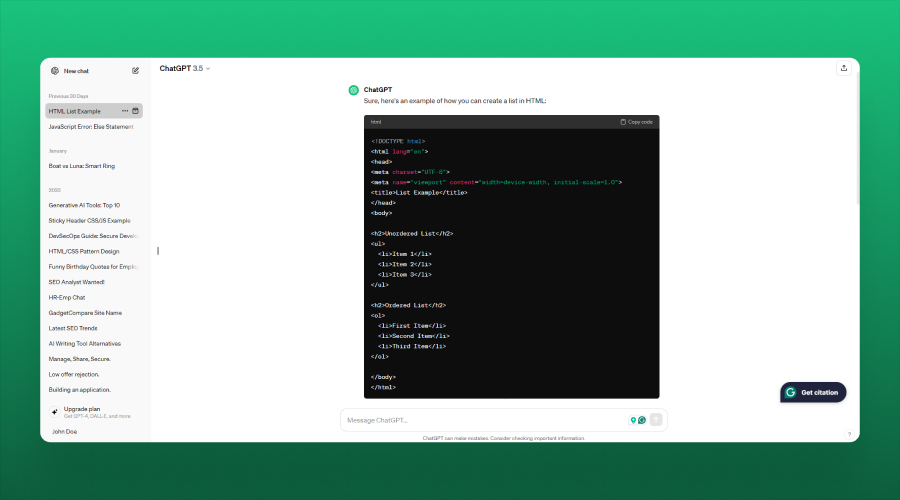
The most popular OpenAI model is GPT which offers advanced natural language understanding and generation. This capability makes this model the best for conversational interfaces and content creation.
✽ DALL·E
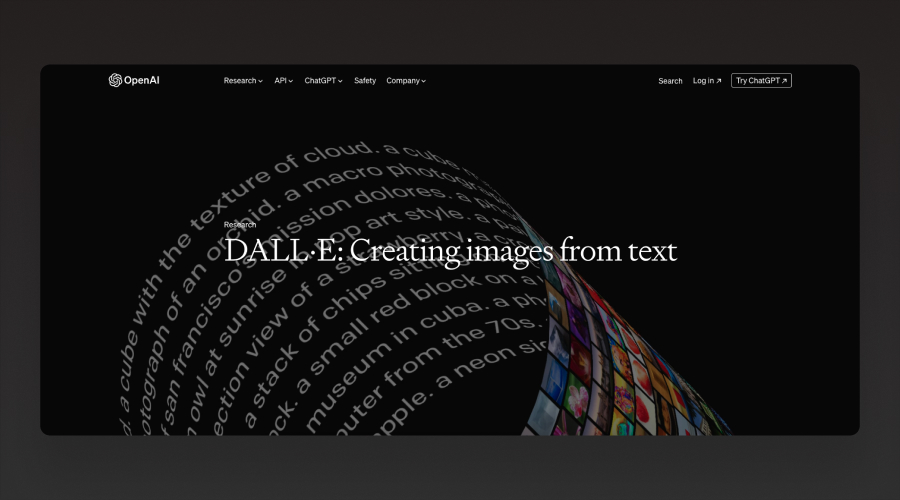
This model is capable of generating custom images and art based on textual inputs by users. Thus, this model is very useful for dynamic content creation and visual features within apps.
✽ CLIP (Contrastive Language–Image Pre-training)
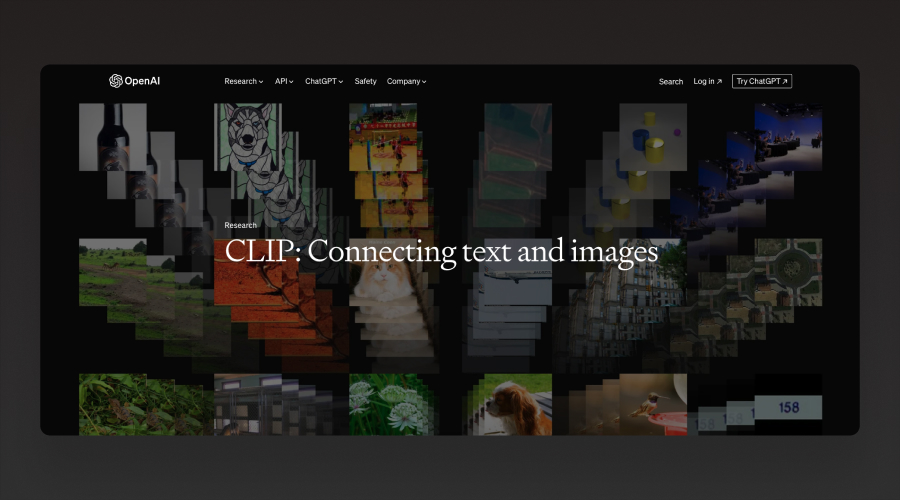
In the context of natural language, CLIP understands and interprets images. It then enables search and categorization functions based on visual graphics.
✽ Codex
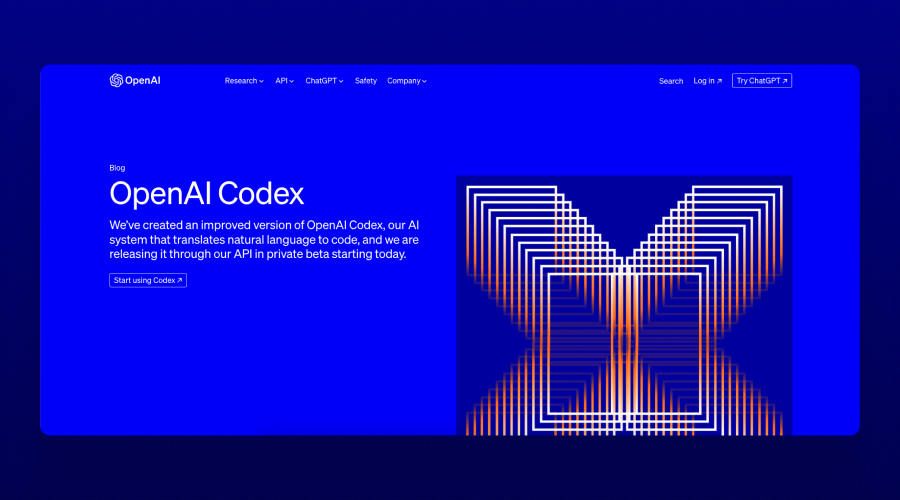
Codex is a revolutionary OpenAI model to integrate in mobile app development. It powers code generation and automation which helps developers facilitate faster and more accurate app development and debugging while including programmable features straight by users.
✽ Whisper

The Whisper OpenAI model is an advanced speech recognition software that transcribes and understands the spoken language of any dialect and language. This model enhances voice interfaces to perform innumerable actions.
✽ OpenAI Embeddings
These are unique clusters of models that provide semantic text embeddings helping to retrieve information and classification while understanding input queries or content for recommendation systems.
Top 10 Advantages of OpenAI Integration in Mobile App Development
The blend of artificial intelligence (AI) and mobile application development is not just a fusion of two technologies but a union that boosts the capabilities of mobile apps to newer heights. With the advent of contemporary AI, ML, and IoT, mobile app development trends have mesmerized young entrepreneurs to venture into startups and SMEs to reach quicker ROI and conquer the market with the latest technology solutions.
OpenAI has been a forefront runner in the Artificial Intelligence domain as it has demonstrated revolutionary mobile app development. There are manifold advantages of integrating OpenAI’s ChatGPT into mobile application development. Let us shed light on how this synergy can enhance UX, functionality, and the overall ecosystem of the mobile application development lifecycle.
1. Enhanced UX with Natural Language Processing (NLP)
One of the most significant advantages of OpenAI integration is the enhancement of user experience through Natural Language Processing (NLP). With GPT models, mobile apps can grasp and interpret human language with excellent accuracy. This feature can allow for more natural and intuitive user interfaces and users can communicate with apps using their voice or text inputs conversationally. OpenAI integration in mobile app development can therefore open up new avenues for application functionalities making them more responsive and user-friendly.
2. Core personalization
AI has capability to analyze enormous amounts of data in real time which makes mobile apps offer excellent personalization. You can integrate OpenAI technologies in mobile app development to make your apps learn about user interactions, behavior, and preferences to customize content and recommendations. This will help software products enhance user engagement and significantly improve UX and loyalty because customers will feel valued by the app.
3. Repetitive task automation
Automation is another factor where OpenAI integration in mobile app development excels the game. Artificial Intelligence algorithm can take over mundane and repetitive tasks that bother programmers and interfere with their innovative thinking. Jobs like scheduling, notifications, and information retrieval are taken care of by AI. Ultimately, it makes apps more efficient and allows users to focus on other essential activities. The automation can be extended to customer service wherein an AI-powered chatbot handles inquiries and aids 24/7. It also ensures users get support whenever they need it with no delay.
4. Innovative Features and Functionalities
OpenAI’s capabilities enable the development of innovative features that were previously difficult or impossible to implement. For instance, image and voice recognition can be used for security purposes, such as biometric authentication, and enhancing app security. Similarly, AI can enable real-time language translation, making apps more inclusive and accessible to a global audience. The innovation potential is boundless, with AI opening up possibilities that can set an app apart from its competitors.
5. Superior app performance and reliability
AI integration in mobile app development is also seen as a crucial role in improving app performance and reliability. Artificial Intelligence helps developers optimize app functionalities and prevent crashes/slow down as it analyzes usage patterns and traces potential issues in real time. Such a proactive approach to maintenance enhances the user experience and brings down the time and resources deployed to troubleshoot and fix issues.
6. Enhanced security measures
Another advantage of OpenAI integration in mobile app development is assuring robust security measures. Data security is a paramount concern in any mobile app solution development, and artificial intelligence offers advanced tools to combat such intimidation. AI’s best aid ML (Machine Learning) algorithms help programmers detect and neutralize possible security breaches before they hit the development process.
ML also assures learning from each event to ensure the mobile application becomes more secure over time. Thus, AI integration in mobile app development proves to be a dynamic approach to security which is way more effective as compared to static security measures. Ultimately, it provides peace of mind for both developers and users.
7. Scalability and flexibility
Apps made from AI-enhanced development processes have the inherent benefit of scalability and flexibility. Artificial Intelligence learns and adapts quickly making the app easily scale up its services or tailor its functionalities to cater to evolving user needs or volatile market trends. Such adaptability will ensure that a mobile app remains up to the mark and continues to meet user expectations even in the future. Thus, apps won’t require constant manual updates or revamps in designs/functions.
8. Data-driven insights for business strategy
For enterprises, the integration of OpenAI technologies in mobile app development is the best way to have valuable data-driven insights. Such insights can help them make strategic decisions because they are based on a deep analysis of user behavior, choices, and feedback to identify essential trends and patterns. AI-based insights guide developers and engineers for perfect product development based on strategies.
9. Cost efficiency
Enterprises may have the initial investment in AI integration requiring special budget allotment which is significant. But, in the long-term, it is cost-saving. Automation of tasks will ultimately reduce labor costs; plus, the efficiency gains through AI-based optimizations will bring down operational expenses. On top of it, there will be enhanced user engagement and retention due to AI’s personalized experiences increasing revenue while offsetting the initial costs.
10. Competitive edge
In today’s cutthroat competitive market, differentiation is key to standing out. OpenAI integration in mobile app development brings in a unique selling point to showcase an app’s pledge to innovation toward better user experience and advanced features. By leveraging AI, mobile app developers offer truly unique and valuable products that are capable of capturing users’ attention to gain a competitive edge in the industry.
Conclusion
You can search and shortlist top mobile app development companies that leverage OpenAI integration in mobile app development processes. Products built by such offshore tech companies will transform your apps in design, operation, and deployment with uniqueness; as a result, you will see a remarkable difference in your app when it performs superior on the app marketplaces of its amazing features, functionalities, and scalability aligned with your business objectives.

